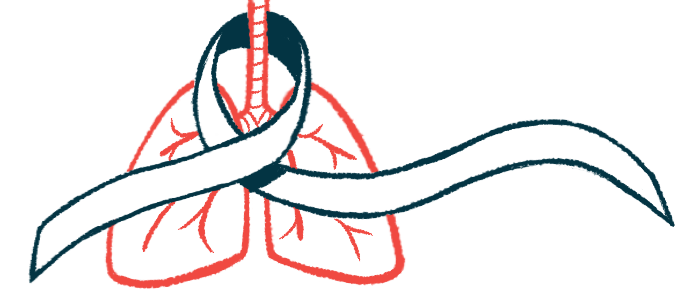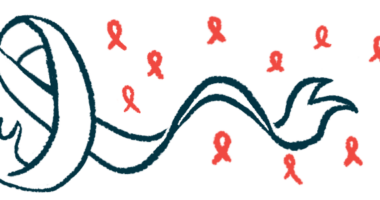FSR provides training to sarcoidosis patient leaders at Cleveland Clinic
Volunteers will partner with, support members at 20 clinics in 18 states

To help boost awareness of sarcoidosis and support those affected by the complex and often misunderstood disorder, the Foundation for Sarcoidosis Research (FSR) is hosting its first in-person training of its Global Sarcoidosis Clinic Alliance (FSR-GSCA) volunteer patient leaders at the Cleveland Clinic.
The training takes place March 8-10 at the Cleveland Clinic, the founding member of the FSR-GSCA. The 30 newly trained volunteers from throughout the nation will partner with and support alliance members at 20 clinics across 18 states.
Overall, the training program represents an opportunity for the volunteers to connect, gain skills and knowledge, and fortify their commitment to meaningfully impact the lives of those who live with sarcoidosis.
“FSR is proud to partner with Cleveland Clinic for this extraordinary in-person training event,” Mary McGowan, FSR CEO, said in a press release. “This unique program will result in significant [strides] to improve the care and patient outcomes for those impacted by sarcoidosis nationwide. The FSR Patient Volunteer Leaders will be the boots on the ground in their local communities and the driving force behind increased awareness and support that will be the catalyst for improved patient outcomes for all impacted by sarcoidosis.”
The volunteers will experience hands-on learning while getting to know the Cleveland Clinic’s facilities and learning how to effectively share their patient journey. They will learn directly from globally recognized experts in sarcoidosis, a condition marked by an overactive immune system that at length causes the formation of granulomas — small clutches of inflammatory cells — in various tissues and organs, affecting their function. The disease causes a broad range of symptoms, often rendering diagnosis difficult.
The need for more sarcoidosis awareness
Sarcoidosis therapies to ease symptoms typically work by suppressing inflammation and the immune system. While symptoms in some patients may disappear on their own without treatment, other patients may require long-term management.
More sarcoidosis awareness and education can help to improve disease understanding, diagnoses, and management. April is Sarcoidosis Awareness Month.
The overarching goal of FSR-GSCA program, which consists of patients, caregivers, hospitals, clinics, and other health professionals, is to find a cure for sarcoidosis and to extend care based on evidence and patient needs.
The FSR trained its first group of patient volunteers last year. At the time, the training program had separate tracks for community group leaders and community outreach leaders. The group leaders were to support and educate patients and caregivers at periodic FSR-GSCA community groups. Outreach leaders are tasked with sharing their patient experience at area awareness events.
“Sarcoidosis is a complex and often misdiagnosed, and misunderstood condition,” said Manny Ribeiro, MD, a Cleveland Clinic pulmonologist who specializes in sarcoidosis. “Cleveland Clinic is a proud member of the FSR Global Sarcoidosis Clinic Alliance and is honored to hold this training event in collaboration with FSR. We recognize the importance of building a strong support system for those living with the condition. We believe that informed patient volunteer leaders are the beacon of hope for all individuals impacted by sarcoidosis.”







